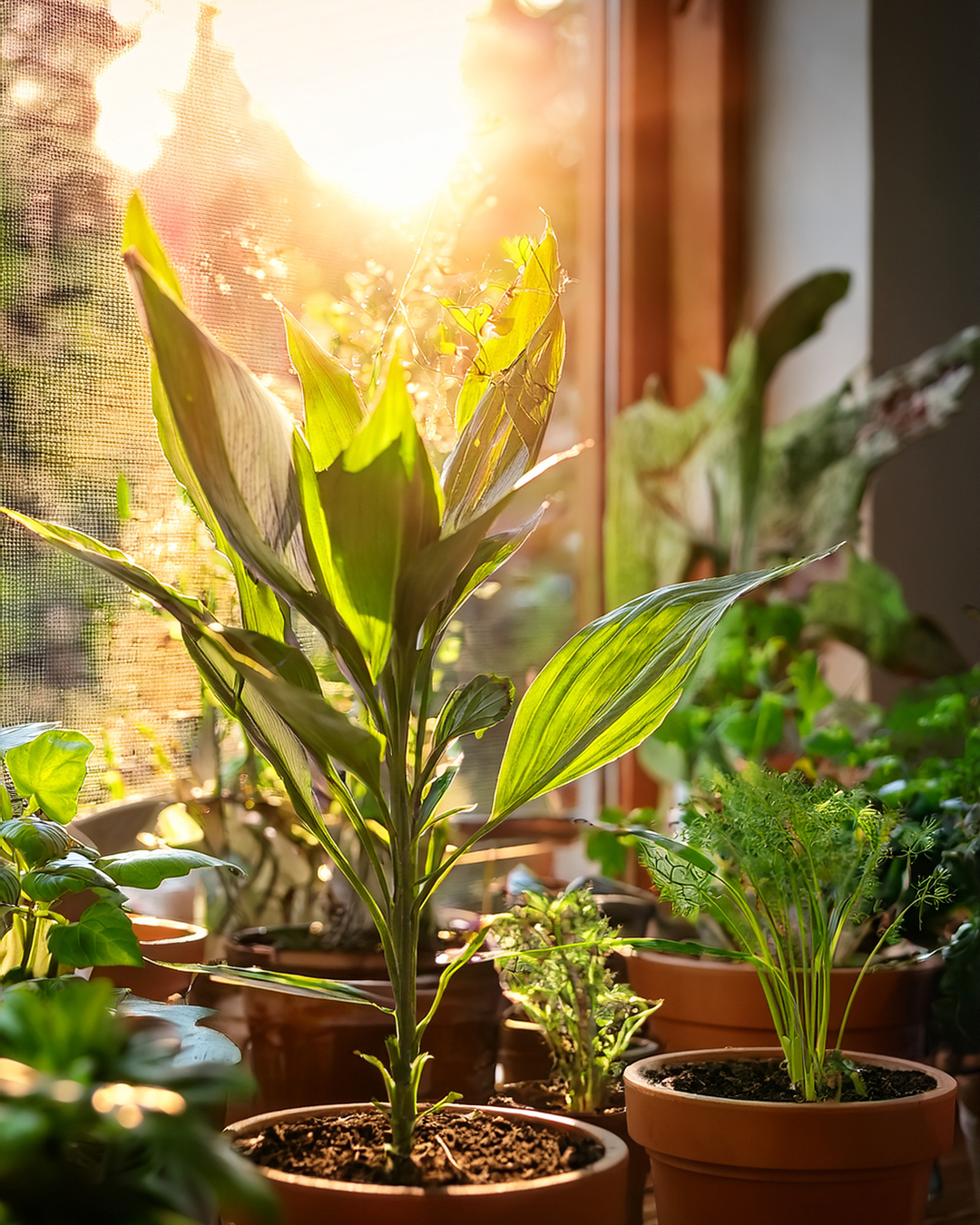Subscribe to Primary Goods
Get early access to exclusive deals, editors' picks and new launches.
.webp)
.webp)

Editor’s note: Get 10% OFF your first order with Arber if you use code PRIMARYGOODS10
Plants occupy a unique place in our homes and gardens. They’re very much alive and have their own personalities, but they can’t verbally tell us if they don’t like their food, water levels, or spot on the windowsill.
That’s why you shouldn’t be taking any chances when it comes to plant care. As plants make up the environment that we live in, why would you use potentially harmful, chemical-filled products on green things that live in your home and help to process your carbon dioxide? The earth deserves better, and so do your plants.
Plus, it can be tricky for the everyday plant lover to decode confusing care labels and lengthy ingredients lists accurately. Terms such as ‘natural ingredients’ can be confusing—just because something is ‘natural’ doesn’t make it effective or beneficial to the environment. This is a practice known as greenwashing, or making consumers believe that products are environmentally friendly when they’re not.

Arber’s proprietary plant care ingredients are sourced directly from where they’re going right back to: nature. Their formulas are all certified organic and completely free from the harmful synthetic chemicals commonly found in other products on the market.
Arber sources the active agents that make its product so effective from places including recycled food waste, plant extracts, and soil microbes. They’re all sourced from real-life, recognisable materials rather than multisyllabic chemicals you’ll struggle to pronounce, and are entirely synthetic-free and non-toxic. They provide extended protection when applied, giving you long-lasting defenses against nasties.
Arber’s a protective plant care brand. They want nothing more than to keep you, your family and little ones, your pets and the pollinators in your garden safe. None of their organic formulas contain anything that will cause harm, giving you the confidence to take care of your plants worry-free. And don’t just take our word for it. Third-party toxicity and safety testing says the same thing. When more than 1,500 agricultural trials have proven Arber’s product’s efficiency against pests and diseases, you know that you’re onto something good and safe.

Arber’s creator, Vanessa Dawson, founded the brand while pregnant with her first child. She was struggling to find organic, environmentally safe gardening products that she could use in her home and garden without fearing for her newborn’s safety.
Many other brands focus on quick plant growth at any cost. This can kill off beneficial bugs (not all insects are bad! Some help pollinate plants or helpfully eat more damaging pests) and lower soil quality, degrading soil nutrients over time.

This is where the science comes in. Arber cleverly uses ingredients that are sourced directly from nature, called biologicals. As the name suggests, these are naturally-occurring biological elements that have great power, all while doing good both for humanity and for the earth. Biologicals harness the force of nature itself to emulate natural systems and accelerate them, letting us reap the benefits. They’re the future of plant care tech, and Arber is ahead of the curve.
As well as being good for your plants, they’re also great for the wider environment, with a minimized carbon footprint and reduced single-use plastic footprint. Arber’s got the figures to back this up. The brand has saved a massive 47.5 million single-use plastic bottles from landfill. The amount of carbon produced by manufacturing their organic products is 67-91% less compared to the manufacture of synthetic pesticides, and they’ve prevented 8.7 million gallons of those same synthetic pesticides from polluting soil, waterways and food.